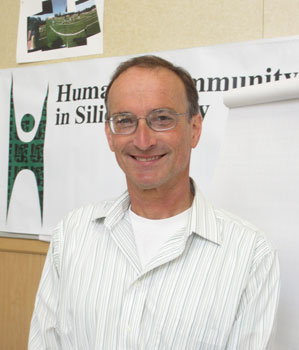What I’ve Learned by Building Our Taboo Museum
Laura Mappin
Nov 16, 2014
 Laura Mappin founded Our Taboo Museum, an online museum which addresses every possible taboo subject using any artistic means possible – writing, crochet, performance art, etc.
Laura Mappin founded Our Taboo Museum, an online museum which addresses every possible taboo subject using any artistic means possible – writing, crochet, performance art, etc.
Her motivation was to have conversations with the willing and to make these topics less taboo, more understood, less feared over time in the hopes that we would learn to address them in a healthier way with our eyes open instead of dealing with them from fear.
This process has been full of surprises.
Join us as she describes her sometimes funny, sometimes frustrating, confusing, embarrassing experiences juxtaposing her museum idea with the rest of the world.
Mappin holds BS degrees in math and computer science from the University of Pittsburgh, which merited her the opportunity to spend twenty years fermenting in corporate America providing fuel for creating Our Taboo Museum.

